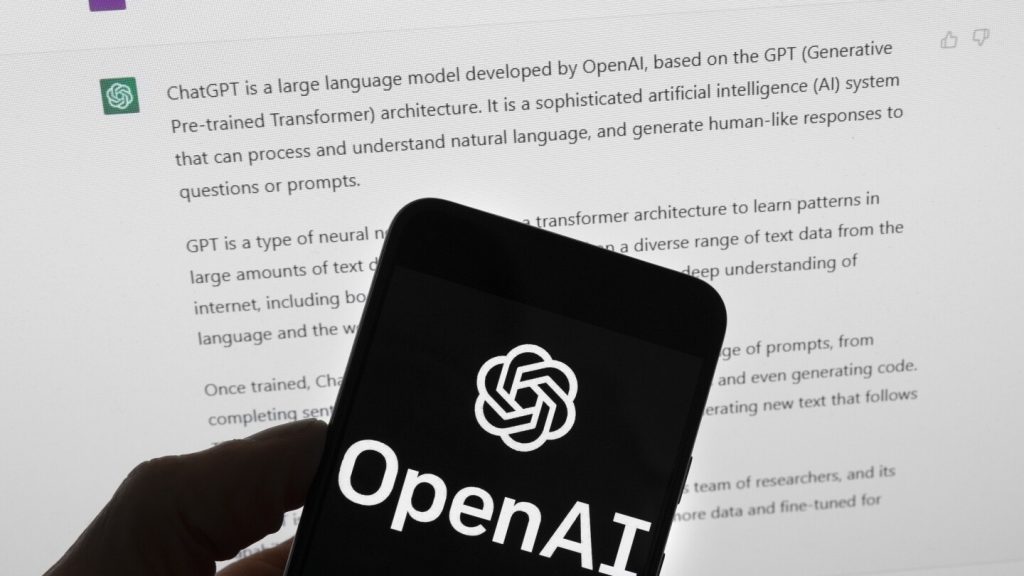OpenAI, the company behind ChatGPT, has announced its entry into the voice assistant business with the unveiling of its new Voice Engine technology. This technology has the ability to clone a person’s voice with just 15 seconds of recording of that person talking. Despite the potential of this technology, OpenAI has stated that it will not release it publicly at this time due to safety concerns. The company is currently planning to preview the technology with early testers before making it widely available, citing the risks of misuse, particularly in an election year.
While there are already startup companies selling voice-cloning technology, some of which are accessible to the public, OpenAI is taking a cautious approach to the release of its Voice Engine. Early testers of the technology have agreed not to impersonate a person without their consent and to disclose that the voices are AI-generated. This approach aligns with OpenAI’s previous strategy with other technologies like the chatbot and image-generator DALL-E, as well as the video-generator Sora, which was also announced but not widely released.
The filing of a trademark application on March 19 suggests that OpenAI is looking to enter the speech recognition and digital voice assistant market. By improving its technology in this area, the company aims to compete with other voice products such as Amazon’s Alexa. The move towards voice technology signifies a new direction for OpenAI, expanding its capabilities beyond text and image generation. The company’s collaboration with The Associated Press also indicates a focus on leveraging existing resources and partnerships to enhance its offerings.
The development of Voice Engine technology by OpenAI raises important questions about the ethical implications of voice cloning and AI-generated content. Concerns about misuse, particularly in the context of political campaigns and elections, highlight the need for responsible deployment of such technologies. The company’s decision to prioritize safety and security in the release of its new technology reflects a commitment to ethical practices and transparency in the development of AI solutions. As advancements in AI continue to evolve, it will be crucial for companies like OpenAI to navigate the complex landscape of ethics and technology responsibly.
With the increasing capabilities of AI technologies like Voice Engine, there is potential for transformative applications across various industries, from customer service to entertainment. However, the responsible and ethical use of such technologies will be essential in mitigating potential risks and ensuring positive outcomes. As OpenAI prepares to share its Voice Engine technology with early testers, the company faces the challenge of balancing innovation with safety and ethical considerations. Moving forward, the development and deployment of AI tools like Voice Engine will require ongoing evaluation and oversight to safeguard against potential misuse and protect user privacy and security.


